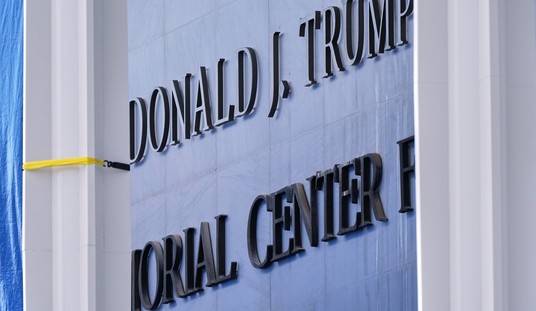The Group of 7 — Britain, Canada, France, Germany, Italy, Japan and the US — met Friday with internet giants Google, Facebook, Twitter, and Microsoft, at an Italian island off the coast of Naples to discuss how they can work together to address the spread of radical terrorism online.
While the internet company representatives reportedly did not offer insight into how they might proactively tweak their platforms to counter terrorist communication, they were in attendance at a ministerial session devoted to the subject.
“These are the first steps towards a great alliance in the name of freedom,” Italian Interior Minister Marco Minniti said after a two-day meeting with his Group of Seven counterparts, stressing the role of the internet in extremist “recruitment, training and radicalisation.”
French Interior Minister Gerard Collomb said the goal was to ensure pro-jihadist content “is taken down within two hours of it going online”.
“Our enemies are moving at the speed of a tweet and we need to counter them just as quickly,” acting US Homeland Security Secretary Elaine Duke said.
While acknowledging progress had been made, Britain’s Home Secretary Amber Rudd insisted “companies need to go further and faster to not only take down extremist content but also stop it being uploaded in the first place”.
The G7 meeting was also dominated by discussion of what to do about the tens of thousands of citizens from Western countries that had gone to Syria and Iraq between 2014 and 2016 to fight for ISIS. Now that that the ISIS stronghold of Raqqa has fallen, the concern is that many of those ex-pats will be attempting to return to the West, possibly trailing terrorist activities in their wake.
Efforts to address the spread of terrorism online come after several deadly attacks in western cities in recent months, where homegrown terrorists literally struck their own neighborhoods.
The inevitable question arising from this calamity – “Why would someone commit such an atrocity against his or her homeland, on behalf of radical Islam?” – has become a common one in recent years, thanks to a rash of attacks that, here in the U.S., include the 2013 Boston Marathon Bombing, the 2015 San Bernardino attack, and the 2016 Pulse nightclub shooting in Orlando, Florida, among others. In all of those instances, the people responsible claimed allegiance to the cause of al Qaeda and/or ISIS, even though they had few direct ties to those organizations. Rather than foreign-born nationals or refugees infiltrating the country to carry out their dastardly plans – the situation targeted by President Donald Trump’s proposed (and still-under-fire) immigration ban – such incidents were born, and executed, by our very own citizens. And done so, to a large extent, courtesy of the internet.
According to Minniti, the G7 was also interested in determining how national leaders could “de-radicalise” citizens returning from the front line fighting for ISIS.














Join the conversation as a VIP Member